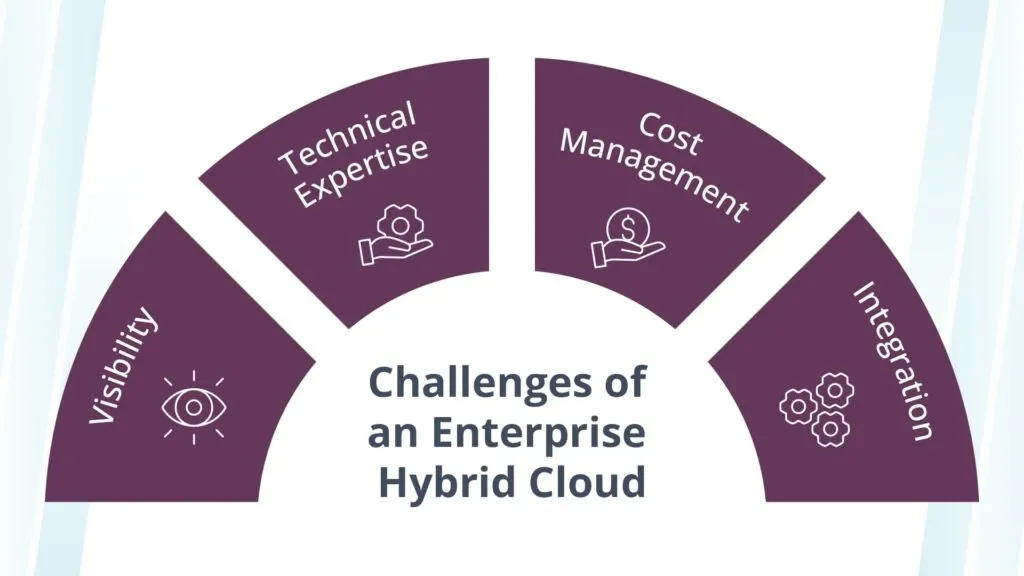Startups frequently make a number of blunders while presenting to investors. They were therefore unsuccessful in grabbing the investor's interest and persuading them to make an investment. As a startup, creating an effective pitch deck is essential as it impacts the early expansion of your new business.
CB Insights reports that in 2022, a shortage of capital accounted for 47% of startup failures. Additionally, 25% of new company endeavors fail to secure the necessary startup capital, which limits their ability to expand. Thus, obtaining capital is a major worry for entrepreneurs.
And at RipenApps, we have successfully raised over a million dollars for several firms throughout the world by offering them top-notch solutions. We are aware of the key factors that investors consider when financing or investing in new business concepts, as well as the usual mistakes made by entrepreneurs when making their presentation to potential investors.
Read also: How To Value A Startup Before Funding
A Startup Pitch Deck: What Is It?
A pitch deck is a presentation of slides that entrepreneurs or startups show to potential investors in order to raise money. A startup pitch deck typically consists of 10–20 slides with a concise, well-planned presentation. It gives a summary of the technology used, the company concept, and other crucial information for attracting financing to support startup expansion.
7 Typical Errors Startups Make When Making an Investor Pitching?
1. Lack of a demo
Having a functional prototype or an MVP ready to show investors might improve your chances of obtaining startup funding. Make sure your mobile app development project or SaaS solution is operational and producing tangible outcomes. Future development plans should not be displayed as they may not have much of an impact. Angel investors often choose funding firms with a strong continuing development strategy and proof of concept or demo.
2. Insufficiently Strong and Coherent Storyline
Regardless of its eventual success, a compelling business narrative always makes an impact. The majority of businesses tend to prioritize creating positive slides, which diminishes the significance of an attention-grabbing introduction and an engaging story. And they fall short in this area.
In order for the pitch deck to attract the investor's attention in the first few seconds, companies must have a compelling opener and an outstanding explanation of the company idea. Market reports and graphs by themselves are insufficient. You risk losing investors if your narrative is stale or unreliable.
Read also: How to handle post-exit transitions for startups
3. Failure to Instill a Feeling of Immediacy
Do you use a feeling of urgency in your pitch deck? Otherwise, you are making a grave error. A greater and more secure market scope is what investors aim to find in an investment opportunity. You risk losing the contract if your company idea or product is unable to demonstrate the urgency of adoption. When entrepreneurs approach investors for pre-seed funding, this element is very crucial.
4. Giving Too Much Details
One of the most frequent errors made by companies when they pitch to investors is this. They attempt to display unrelated information first, such as the features of the product, the technologies employed in its creation, etc. Presentations with more than fifty slides are frequently prepared by startup entrepreneurs. However, the truth is that investors don't care about any of this technical knowledge.
They don't pay much attention to reading all of your points and going into great depth. Investors often only listen to your presentation for three to four minutes. Therefore, it is unfortunate to inform you that a technically sound presentation will not persuade investors.
5. The company's growth strategy and vision are unclear
In five years, where do you see yourself?This is a common question that many of us have seen in HR interviews. This question is not really important to HR. However, it is crucial when presenting a deck for startup investment. Every investor wants to make sure their money isn't wasted.
And they ascertain this by examining the startup's development plan and future roadmap. Without a clear vision, a fantastic product concept is not enough. You must establish a clear vision statement and growth plan in order to win over investors.
Read also: Best Practices For Funding Rounds And Business Exits
6. Ignoring Your Market and Niche
Many business owners and startup entrepreneurs go farther in their search for innovative business ideas. Business owners and entrepreneurs think the innovative solution has a greater chance of succeeding in the market, regardless of whether it is an enterprise-level SaaS product, a billion-dollar software concept, or an inventive gadget. However, investors often have no interest in funding innovative concepts or undeveloped goods.
They dislike placing bets on ideas that haven't been tested. The main factors that investors consider are the reasons for your startup's selection of this sector and its prospects for growth in the years to come. Investors will lose interest in your amazing concept if you are unable to present compelling evidence to support your market choice.
7. Failure to Show Traction
It is also one of the most frequent errors made by companies when they are pitching to investors. One of the most important elements that shows how reliable your eyesight is in practice is traction. when you have begun developing your concept or product and reached a certain stage of development, such as creating an MVP. It gave investors confidence that you are taking your concept seriously.










